Introduction to Queer Studies [Courses offered School of Culture, Media and Society and Society and School of Humanities and Social Sciences]
Kazuki Inoue, 2nd year student School of Human Sciences
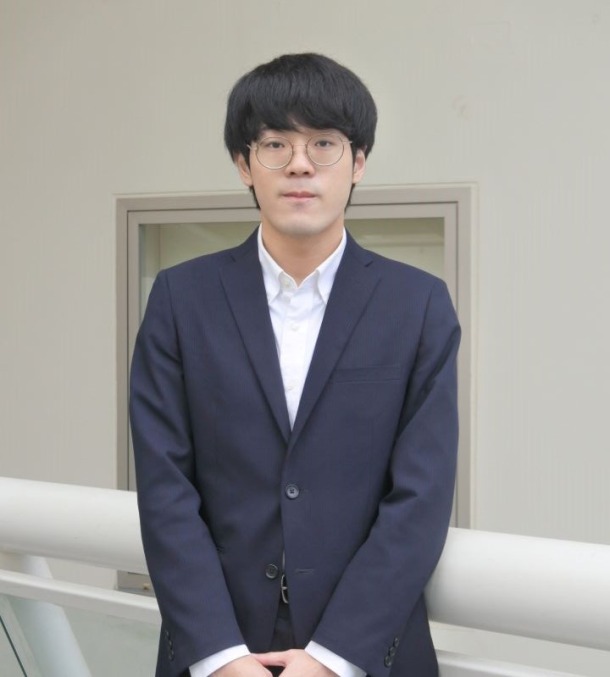 Have you heard the term "LGBTQ+" a lot recently? In the class "Introduction to Queer Studies" taught by Professor Moriyama Noritaka (Faculty of Letters, Arts and Sciences), the "queer" stands for the "Q" in "LGBTQ+." The word queer can mean "pervert" or "transvestite," and has a history of being used to discriminate against non-heterosexuals. The initiative by those involved to willingly use this discriminatory term is an attempt to turn it into a positive term, while at the same time accepting the differences and uniting various minorities who have traditionally been referred to individually as "gay" or "lesbian."
Have you heard the term "LGBTQ+" a lot recently? In the class "Introduction to Queer Studies" taught by Professor Moriyama Noritaka (Faculty of Letters, Arts and Sciences), the "queer" stands for the "Q" in "LGBTQ+." The word queer can mean "pervert" or "transvestite," and has a history of being used to discriminate against non-heterosexuals. The initiative by those involved to willingly use this discriminatory term is an attempt to turn it into a positive term, while at the same time accepting the differences and uniting various minorities who have traditionally been referred to individually as "gay" or "lesbian."
In the midst of all this, "Queer Studies" was born out of the belief that discrimination is caused by social norms that treat heterosexuality as absolute, and as a way of exploring opportunities to problematize discrimination against various sexual minorities, not just homosexuals. In this class, you can learn in a lecture format about the movements that preceded Queer Studies, the birth of Queer Studies, and the debates that are taking place today.
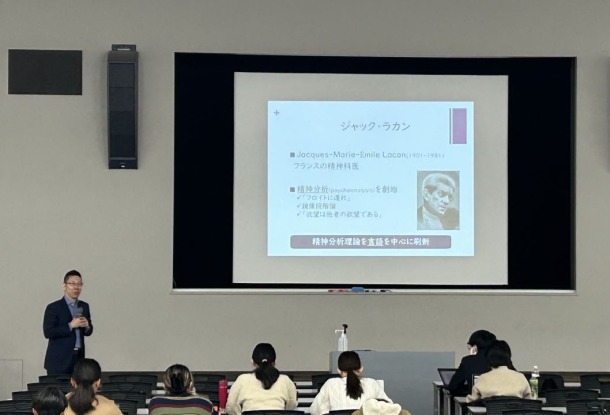
A scene from class. The topic of the class that day was "From Psychoanalysis to Emotions."
What particularly impressed me in class was the concept of "performativity" by American philosopher Judith Butler. Butler states that "sex is always already gender," and that not only are socially and culturally constructed genders, but also seemingly fixed definitions and frameworks of man/woman (sex) are immutable social constructs. For example, the phenomenon in which more women quit their jobs after marriage can be said to be socially constructed.
But aren't our physical bodies not socially constructed? I thought. In response, Professor Moriyama said, "Even if there is such a thing as a male/female body, behind it lies a framework of thought that leads us to take any part of the body and judge it as male/female." While there is certainly a norm that "being taller is more masculine," the norm that "being heavy is more masculine" is not common. In this respect, the cognitive framework behind judging even a physical body as male/female can be said to be a social construct that we have unconsciously created in our daily lives. At this moment, I was made aware of the unconscious prejudices I had within myself.
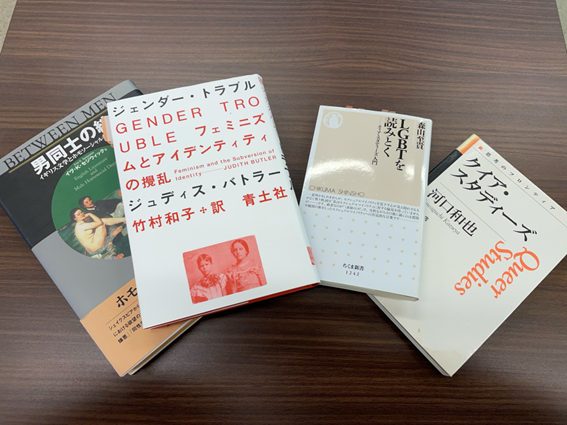
Reference materials used in the class. The second from the right, "LGBT: A Guide to Queer Studies" (Chikuma Shobo), is a book written by Professor Noritaka Moriyama.
Through this class, I learned about many technical terms related to sexuality and discrimination, as well as the realities of people living within them. Whether you have an interest or knowledge in gender issues or not, I believe this class will provide you with an academic stimulus that will instantly clear away any unconscious prejudices you may have. Why not give "Introduction to Queer Studies" a try?

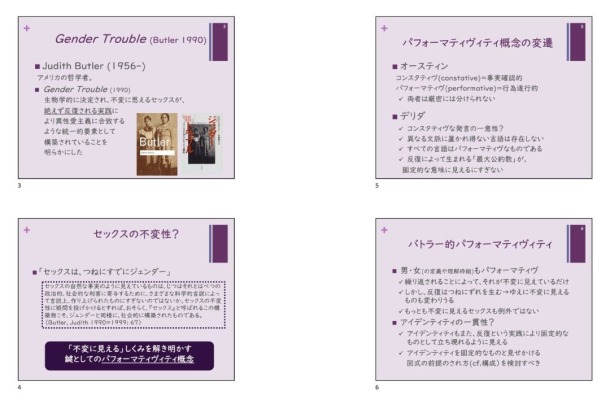
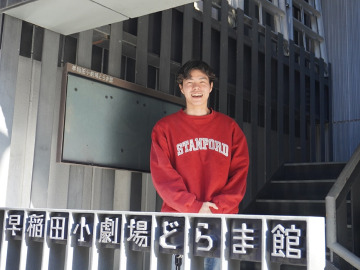
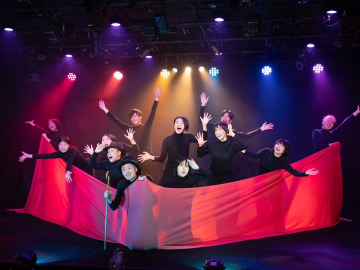



![[Save version] Map of the four main campuses](https://www.waseda.jp/inst/weekly/assets/uploads/2025/09/17cb2975123fc5103172ef60bd98608d-610x458.jpg)

